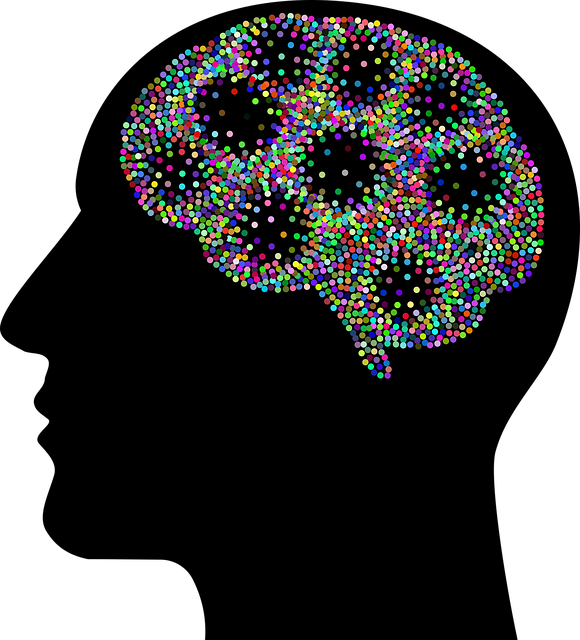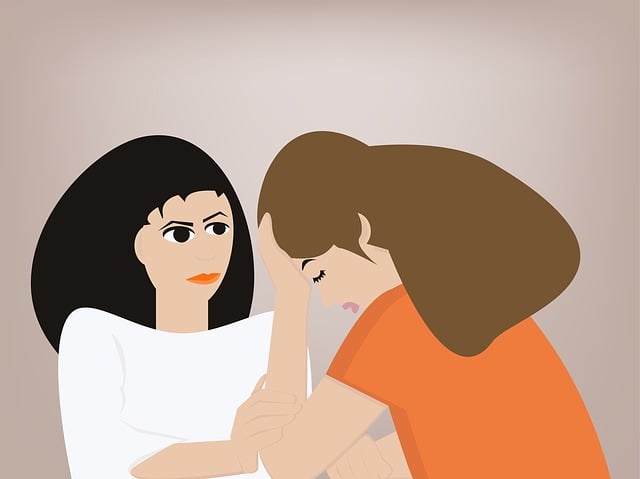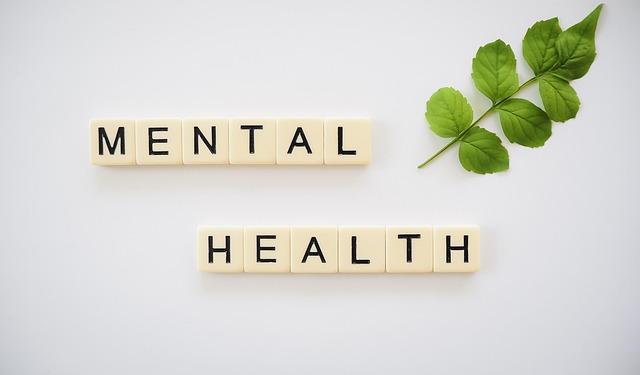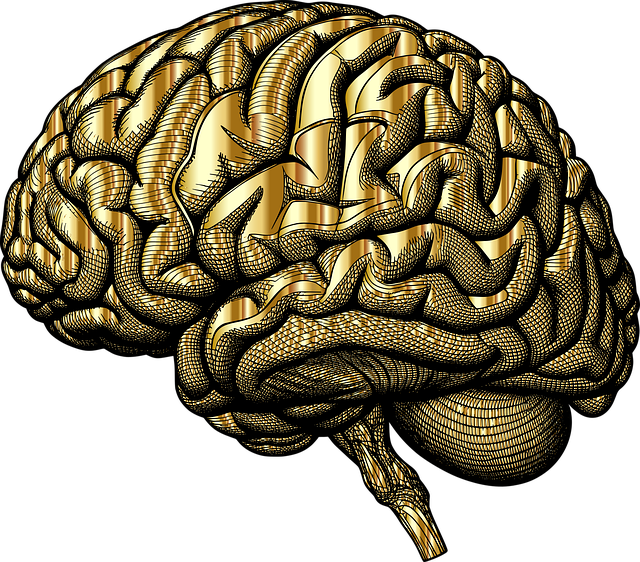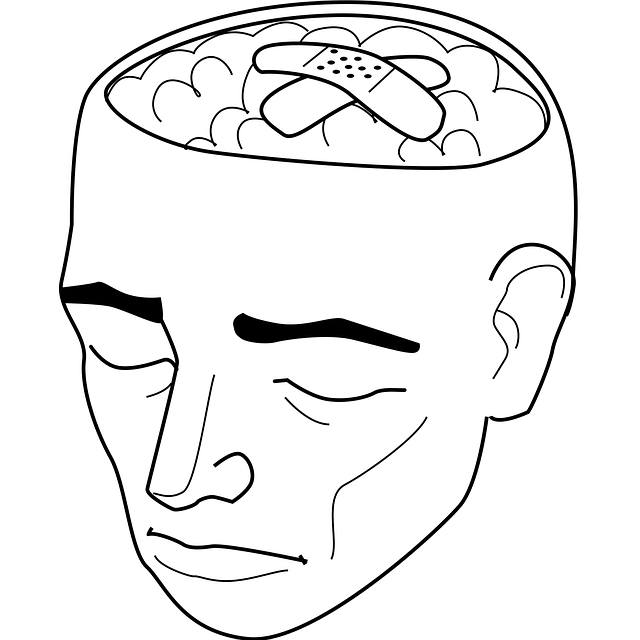Mental health stigma, particularly affecting marginalized communities with diverse gender identities, leads to hidden struggles and prevents individuals from seeking support. Lone Tree Gender Identity Therapy offers a safe space for exploration and healing, combating stigma through education and open dialogue. They organize informational sessions, workshops, and discussions to increase understanding, boost self-esteem, improve mood management, and enhance risk assessment capabilities. Positive media portrayals of mental health normalize experiences and foster empathy, encouraging vulnerability and self-acceptance. This contributes to a culture of resilience and burnout prevention.
Mental illness stigma remains a significant barrier to treatment, with gender identity issues often at the forefront. This article explores targeted efforts to reduce this pervasive stigma through diverse lenses: understanding its profound impact, the therapeutic role in challenging stereotypes, community engagement strategies for empowerment, and media representation’s potential for positive change. Discover how initiatives like Lone Tree Gender Identity Therapy are making strides towards a more inclusive society.
- Understanding Stigma and its Impact on Mental Health: A Focus on Gender Identity Issues
- The Role of Therapy in Challenging Stereotypes and Promoting Acceptance
- Community Engagement: Educating and Empowering for Positive Change
- Media Representation and its Power to Transform Public Perception
Understanding Stigma and its Impact on Mental Health: A Focus on Gender Identity Issues

Stigma surrounding mental health, particularly for marginalized communities like those with diverse gender identities, can have profound effects on an individual’s well-being. This phenomenon often leads to hidden struggles, making it challenging for people to seek the support they need. Lone Tree Gender Identity Therapy focuses on addressing these issues by providing a safe space for exploration and healing.
Understanding the impact of stigma is crucial in mental health advocacy. It can contribute to social isolation, depression, and anxiety, hindering individuals from living authentically. Crisis Intervention Guidance, which emphasizes immediate support during mental health crises, becomes vital in breaking down barriers. By promoting Mind Over Matter principles, where resilience and positive thinking are cultivated, burnout prevention strategies can empower those facing gender-related stigma to take control of their mental health journeys.
The Role of Therapy in Challenging Stereotypes and Promoting Acceptance

Therapy plays a pivotal role in challenging the deeply ingrained stereotypes surrounding mental illness and fostering acceptance. Through individual or group therapy sessions, people struggling with their mental health can find safe spaces to express their experiences and emotions freely. Skilled therapists employ various techniques, such as cognitive-behavioral therapy (CBT) and mindfulness practices, to empower individuals to understand and manage their conditions effectively. This process not only improves overall well-being but also enables people to share their stories without fear of judgment, gradually breaking down societal barriers.
Lone Tree Gender Identity Therapy, for instance, focuses on supporting individuals navigating their gender identity while promoting emotional intelligence. By providing a non-judgmental environment, therapists facilitate open dialogues about complex issues, helping clients challenge societal norms and stereotypes associated with mental health, especially in the context of gender identity. This therapeutic approach encourages self-acceptance and empowers individuals to advocate for themselves within broader mental health policy analyses and advocacy efforts, ultimately contributing to a more inclusive society that values diversity and mental wellness.
Community Engagement: Educating and Empowering for Positive Change

Community engagement plays a pivotal role in reducing the stigma surrounding mental illness, and Lone Tree Gender Identity Therapy has been at the forefront of this initiative. By educating community members about various aspects of mental health, including gender identity issues, they foster an environment where individuals feel understood and supported. These efforts include hosting informational sessions, workshops, and open dialogues to dispel myths and misconceptions. Empowering community members with knowledge allows them to become advocates for positive change, creating a network that supports those facing mental health challenges.
Through such engagement, the therapy center aims to improve self-esteem and overall well-being while promoting better mood management techniques. By involving the community in risk assessment discussions, they ensure that professionals are equipped to handle diverse mental health needs. This collaborative approach not only reduces the stigma but also strengthens the support system available for individuals seeking help, ultimately leading to a healthier, more inclusive society.
Media Representation and its Power to Transform Public Perception

The media plays a significant role in shaping public perceptions about mental health. Historical representations of individuals with mental illnesses have often perpetuated stereotypes and stigma, portraying them as dangerous or weak. However, a growing movement within the industry is advocating for more nuanced and accurate portrayals, recognizing that mental illness is diverse and multifaceted. By showcasing characters with mental health struggles who are still capable of leading fulfilling lives, media can help normalize these experiences and foster empathy among viewers.
This shift in representation is crucial, especially when considering the impact on individuals like those seeking Lone Tree Gender Identity Therapy. Positive media portrayals can encourage people to come forward and seek support without fear of judgment. Promoting Emotional Intelligence and Positive Thinking through media narratives can also contribute to burnout prevention, as it equips viewers with tools to understand and support their peers while encouraging a culture of self-care and resilience.
Mental illness stigma reduction is a multifaceted effort that requires understanding, empathy, and active engagement from individuals, communities, and media. As seen with Lone Tree Gender Identity Therapy, therapeutic interventions play a pivotal role in challenging stereotypes and promoting acceptance. Community engagement initiatives, coupled with responsible media representation, can significantly transform public perception, fostering an environment where everyone feels seen, heard, and valued. This collective approach is essential for creating a more inclusive society that supports mental health.



